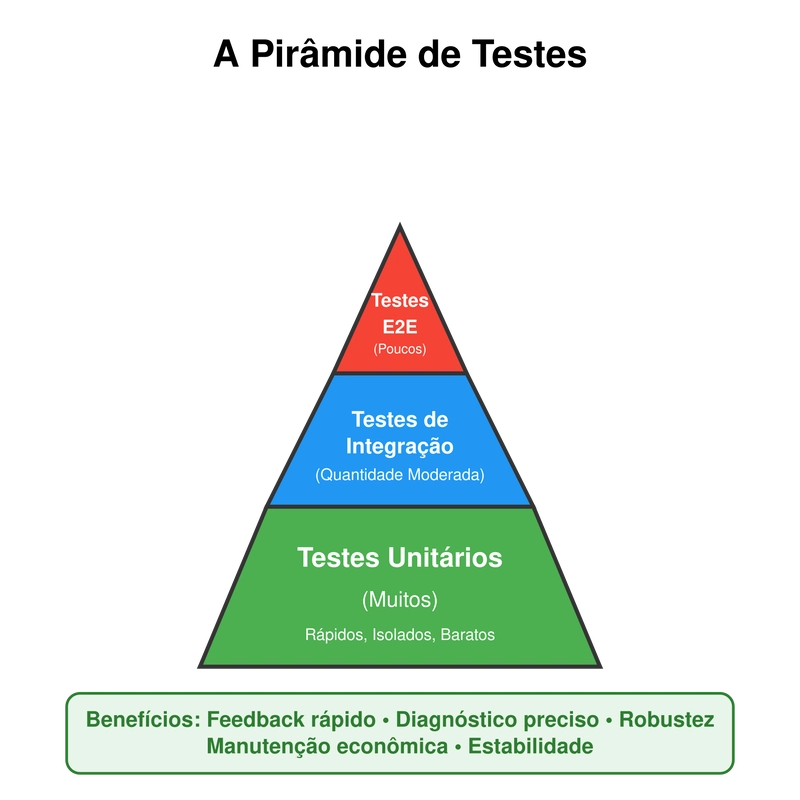Are you struggling with bean ambiguity in your Spring Boot applications? Let's dive into the epic battle between @𝗤𝘂𝗮𝗹𝗶𝗳𝗶𝗲𝗿 and @𝗣𝗿𝗶𝗺𝗮𝗿𝘆 annotations!
@𝗤𝘂𝗮𝗹𝗶𝗳𝗶𝗲𝗿 and @𝗣𝗿𝗶𝗺𝗮𝗿𝘆 are both powerful tools in the Spring Framework arsenal, designed to resolve conflicts when multiple beans of the same type exist. But when should you use each one?
@𝗣𝗿𝗶𝗺𝗮𝗿𝘆 is your go-to annotation when you want to designate a default bean. It's like naming your star player - when multiple beans are eligible, Spring will automatically choose the one marked with @𝗣𝗿𝗶𝗺𝗮𝗿𝘆.
On the other hand, @𝗤𝘂𝗮𝗹𝗶𝗳𝗶𝗲𝗿 is more like a custom jersey number. It allows you to be specific about which bean you want to inject, giving you fine-grained control over dependency injection.
But here's the kicker: @𝗤𝘂𝗮𝗹𝗶𝗳𝗶𝗲𝗿 takes precedence over @𝗣𝗿𝗶𝗺𝗮𝗿𝘆. It's like having veto power in your codebase!
So, when should you use each?
- Use @𝗣𝗿𝗶𝗺𝗮𝗿𝘆 for your default implementation
- Use @𝗤𝘂𝗮𝗹𝗶𝗳𝗶𝗲𝗿 when you need explicit control or have multiple specialized implementations
Remember, clean code is about clear intentions. Choose wisely between @𝗣𝗿𝗶𝗺𝗮𝗿𝘆 and @𝗤𝘂𝗮𝗹𝗶𝗳𝗶𝗲𝗿 to make your code more readable and maintainable.
What's your preferred method for resolving bean ambiguity? Share your experiences and let's learn from each other!
SpringBoot #Java #DependencyInjection #CleanCode #SoftwareEngineering #SpringFramework
P.S. Stay tuned for more Spring Boot tips and tricks! If you found this helpful, like and share to spread the knowledge. Let's grow together! 💪
